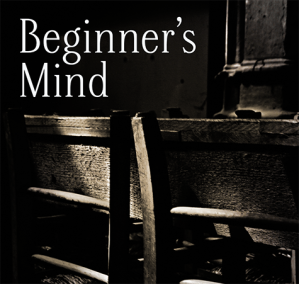John 12:44-50: Re-Creation – Christ
Monday, April 22, 2024
When we see the Bible as an entire story of God’s people, we know that Jesus is not God’s Plan B. Jesus is Plan A. God does not see that humanity has gone awry and then decide to send in the saving force of Jesus. God’s direct interaction with creation has no beginning or end. It is eternal, just as God is eternal.
Jesus says: Whoever believes in me, believes not just in me but in the One who sent me. Whoever looks at me is looking, in fact, at the One who sent me. I am Light that has come into the world so that all who believe in me won’t have to stay any longer in the dark.
God always has faith that God will find every lost sheep.
If anyone hears what I am saying and doesn’t take it seriously, I don’t reject him. I didn’t come to reject the world; I came to save the world.
God has outrageous hope that every lost sheep will return to the fold.
But you need to know that whoever puts me off, refusing to take in what I’m saying, is willfully choosing rejection. The Word, the Word-made-flesh that I have spoken and that I am, that Word and no other is the last word. I’m not making any of this up on my own.
God’s love knows no bounds. God has always loved us. God will always love us. God continues to love us each day.
The Father who sent me gave me orders, told me what to say and how to say it. And I know exactly what his command produces: real and eternal life. That’s all I have to say. What the Father told me, I tell you.
As Richard Rohr, OFM, has said with a chuckle, “God is victorious. God doesn’t lose. That’s what it means to be God”.
Today as we settle into this second Sunday of Eastertide, let us hold these truths closely. Let us open our ears and open our eyes. And let us determine to be re-created in Christ so that we might live as Jesus lives . . . so that all may be one in this universal message of universal love.
Listen to a four-and-a-half minute chat with Fr. Richard Rohr on this topic at: https://www.youtube.com/watch?v=owZRS5WVJuM
The photograph above was taken “along the dusty roads of rural Punjab, Pakistan”. The icon is a traditional early image of Jesus.
Icon image from: http://www.gnosticmuse.com/the-three-types-of-christ/











